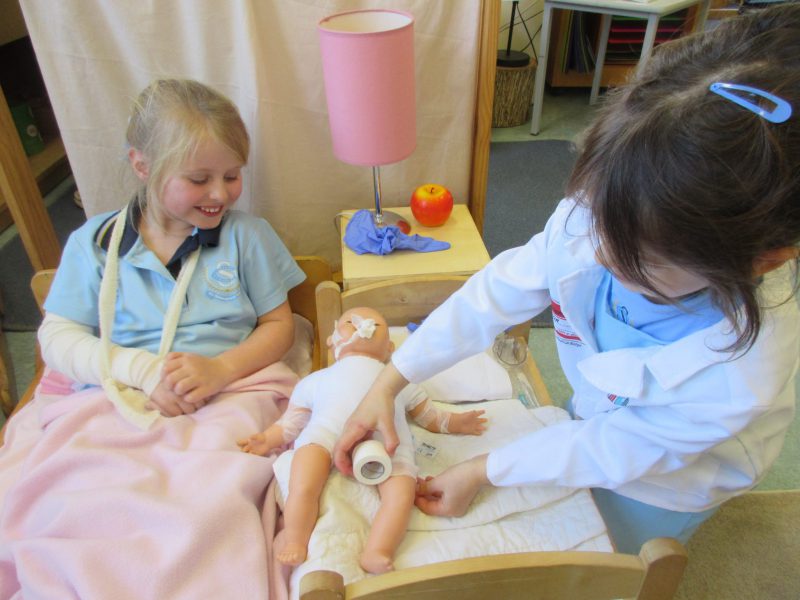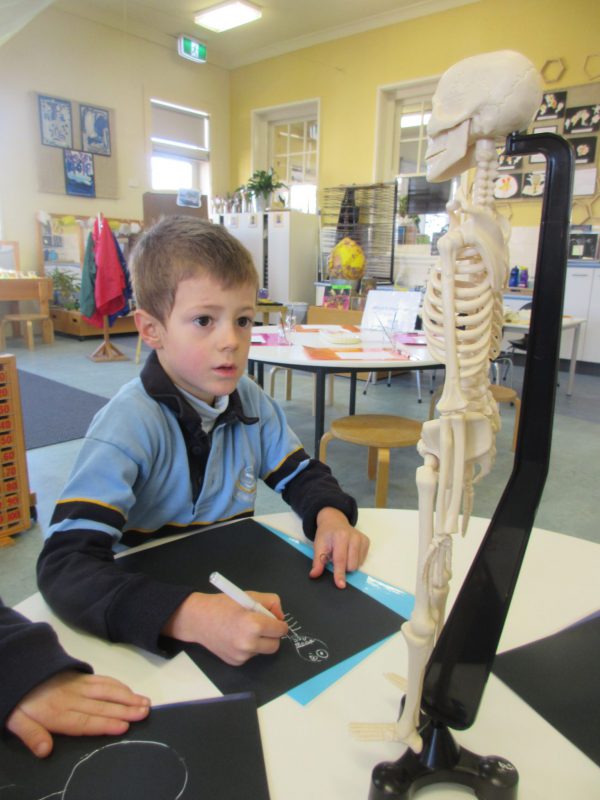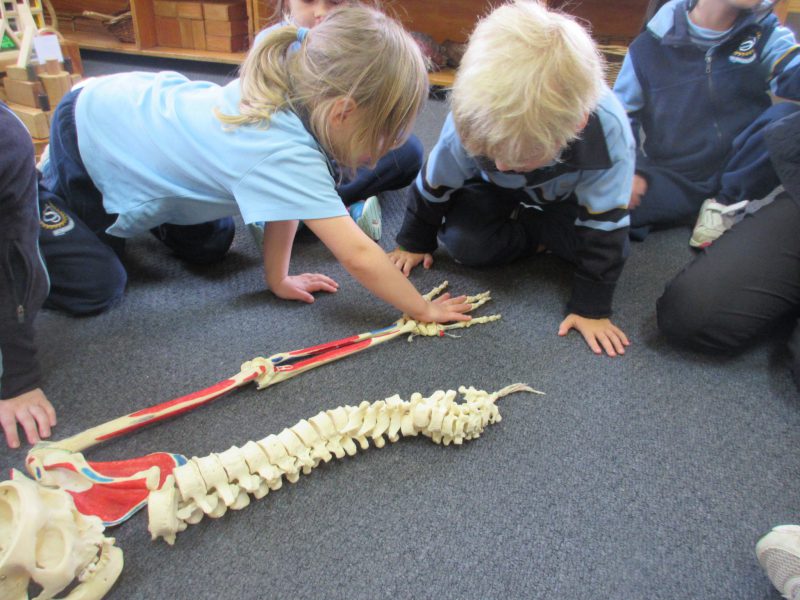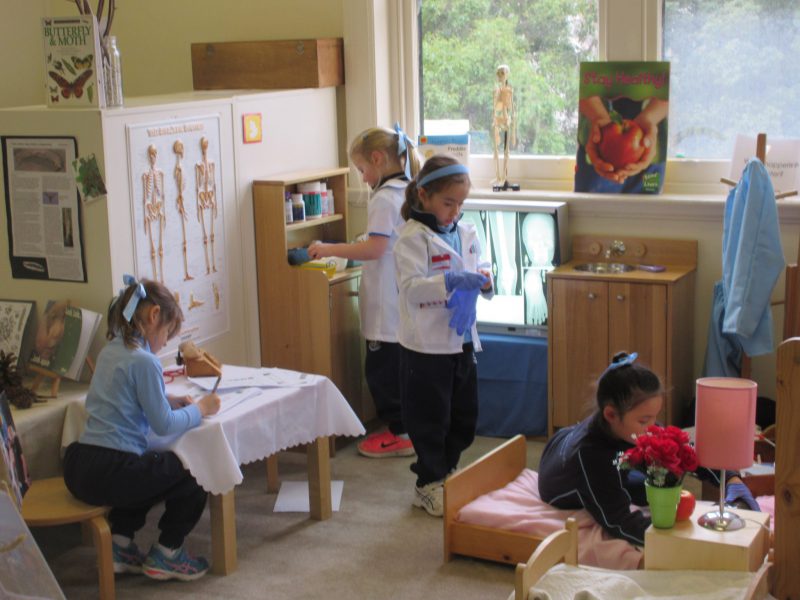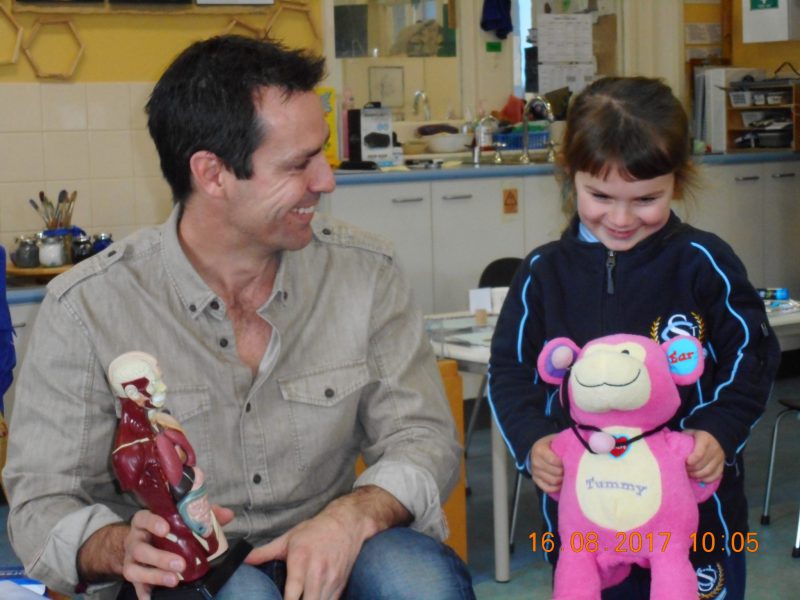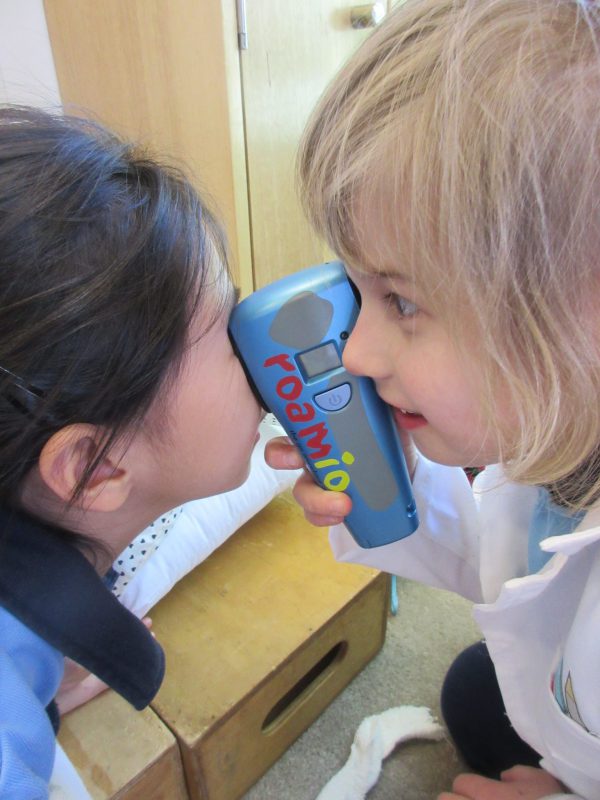Campbell House News
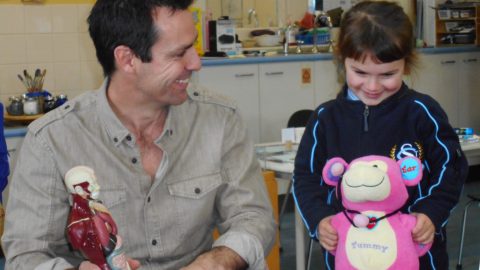
Children watch, listen, learn and mimic
Children watch, listen and question with enthusiasm and certainly absorb the environment around them very rapidly. Their surrounds are an extremely important element of attitude building, learning, influence and self confidence. Their surrounds and the people involved must be positive influences, as our young children are readily influenced!
It is widely accepted that young children form attitudes, approaches and ways in which to interact or respond to each other from a very early age.
At times, we can be astonished at the ways in which children respond, both positively and perhaps, not so politely. Often, a child’s use of phrases or vocabulary can leave an adult pondering the question “how does that child know that or know those words?”
Children parrot much of what they hear, often with only a limited understanding. Context, timing and an awareness of the bigger picture are developed with maturity. When repeating actions or information generated by observing others, children may have little understanding but when copied with emphasis, can be surprisingly impactive. As adults, we must be aware that our children are surrounded by positive and appropriate adult role models.
Children can appear to be busily engaged in an activity whilst adults converse and interact. Speaking whilst children are playing and assuming that they are either not listening or will not understand the content of an adult conversation can be very far from the reality. The content is then repeated by children – usually at an inappropriate moment or when out of context and can be readily misinterpreted.
“The child (up to ages 8-9) admires, even worships parents for the capability of what they can do and the power of approval that they possess. The child imitates the parents whenever possible. The child wants to be like and to be liked by their parents who are usually positively evaluated. A child identifies with parents because they provide the primary models to follow after and to live up to,” Psychology Today. October 18, 2010.
Campbell House educators know that children watch them, listen to them and copy them. A position of privilege must never be minimised. Nor must the power of positive role modeling.
Family and home, when working together, can influence young children’s attitudes, approach towards self and others and ultimately, a positive outlook filled with joy, purpose and hope.
2018 will be exciting for our 3 Year Old Learners
Our orientation event was held in the Mary Davis Café for new families who will be joining Campbell House in 2018. It was a wonderful occasion filled with the joy and excitement of meeting up with new friends and in some cases, even swapping details for contact prior to their commencement.
It was a thrill to see the Year 6 students, including those who had been ELC students themselves, reflecting upon their own memories and experiences. Young and older people loved it!
Mrs Alana Moor, Head of ELC and Junior School
Doctors’ Surgery Dramatic Play
Earlier this term, the Wattle Room children’s emerging interest in doctors was observed as they demonstrated care and concern for others through play and in real life situations. The children were observed wrapping pieces of fabric as ‘bandages’ around one another’s limbs and encouraged each other to ‘rest’.
To extend upon this interest, the children were offered the opportunity to create their own Doctors’ Surgery to enhance their dramatic play. They initially selected a box of plasters, stretchy bandages, a medicine spoon, boxes for medicine and a plastic syringe. The children have also engaged with medical instruments such as stethoscopes for listening to heart and chest sounds, a reflex hammer for testing reflexes, a mirror for checking inside the mouth and a digital ear thermometer. The children continue to engage in playful literacy learning as they complete surgical ‘check sheets’. They tell stories and remain in character whilst acting out their role-plays.
They discussed their individual experiences of visits to Doctors’ Surgeries. Topics of interest such as broken arms, ear fluid and caring for babies were further researched on the class iPad. Following further discussions, the children decided that they would like to expand their research to take a closer look at what is inside the human body, resulting in observational drawings of skeletons.
Generous family-centered practice was made possible by parents with medical backgrounds offering to visit the program and share their expertise. It has been exciting to observe the thinking, discussion and problem solving that has taken place through this process of curiosity and discovery.
Miss Kristina Schrader, Wattle Room teacher


